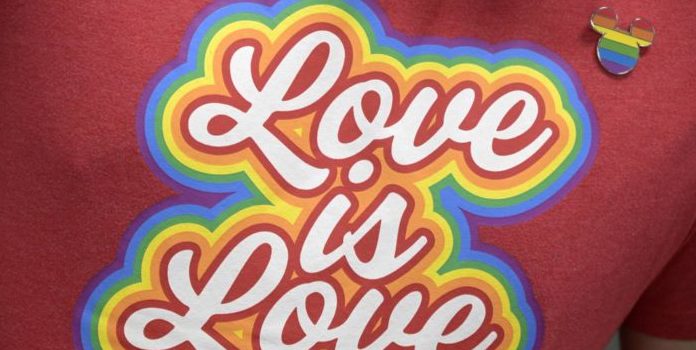(Molly Bruns, Headline USA) A study by the Center for the Study of Partisanship and Ideology found that 38% of students at liberal arts colleges across the United States identify as LGBT.
Survey data indicated there were likely several liberal arts colleges where the majority of students identify as LGBT. Of the 150 schools surveyed, 23 liberal arts colleges had the highest numbers of gay-identifying students, with Ivy League schools coming in second at 27%, the Post Millennial reported.
Smith, Wellesley and Oberlin colleges had the highest rates of LGBT students at 70%, 61% and 51%, respectively.
These numbers are significantly higher than those from a similar survey done in 2021, where an estimated 30% of millennials identified as LGBT.
CSPI argued that the most likely reason behind the massive spike in 2022 was the “strongly liberal ideology at these colleges.” Surveyors did not ask questions about media consumption, vaccination status or any outside factors that may have contributed to students changing their sexual orientation.
The correlation between political ideology and gender identification is strong—37% of “very liberal” students adopted a new gender identity, providing a stark contrast to the 5% of “very conservative” students.
Much like the 2021 survey, sex also seemed to play a roll in this decision for many students, with females being more likely to identify as LGBT; 28% of females surveyed said they adopted a different sexual orientation, whereas only 16% of male students said likewise.
In accordance with the phenomenon, Smith College—which has the highest proportion of gay students—is a private liberal arts women’s college in Massachusetts.
Conservative and Christian institutions ranked lower in the survey, with schools of that kind typically having an LGBT population of 10% or less on campus.
The CSPI report points out that oncoming students from Gen Z are more likely to identify with an abnormal sexual orientation.
“[Students] appear to be self selecting into elite higher education institutions in somewhat larger numbers compared to lower-ranked institutions,” the survey said.

